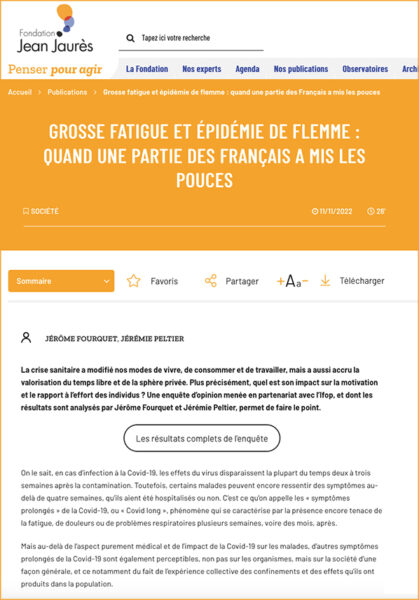While the French government, like those that preceded it, is struggling to push forward the reform of labour law, meeting resistance from the political sphere, trade unions and employers, among others, the question of social relations within the world of work is as topical as ever. As Hubert Landier shows here, companies are continuing, in their vast majority, to operate in terms of the traditional pyramidal model that came out of the “Age of Reason”. However, that model –where decision-makers are separated from those who carry out the decisions, those with knowledge from those without and so on– is no longer fit for purpose and the organizations implementing it are at risk of becoming set in their ways and failing to evolve to meet current needs.
The way to surmount the difficulty, argues Hubert Landier, is to follow the Darwinian principle of evolution-through-complexity: like living organisms, companies should progress from one level of complexity to the next by optimizing relations between the cells they are built from. It is only such multicellular working that can enable organizations to adapt to the current era as Hubert Landier describes it here, with emphasis on the importance of collective action, networks and networking (the rich diversity of the internal communication network; the multiplicity of possible communications channels; the priority accorded to autonomy, seen as a vehicle for general efficiency etc.).




